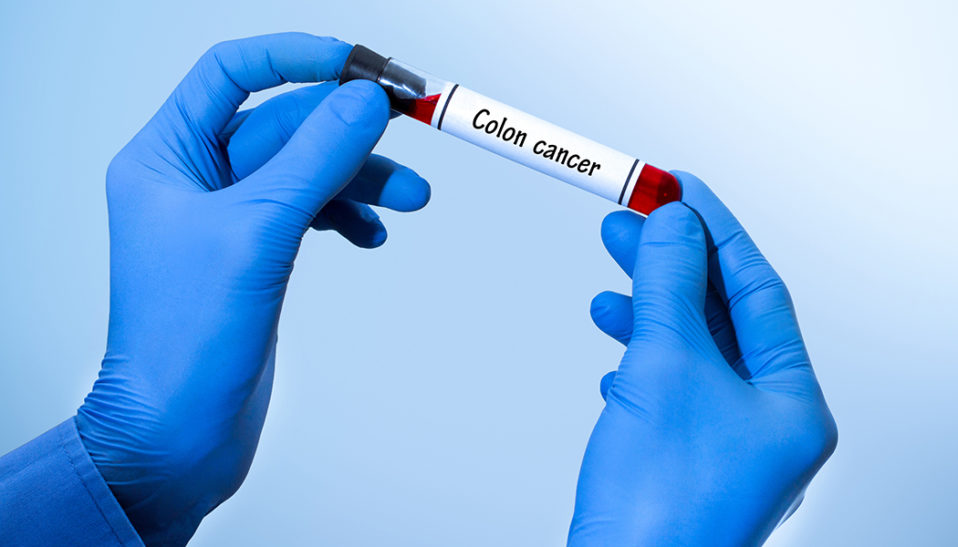Colorectal cancer is a killer worldwide, claiming at least 500,000 lives every year. In Hong Kong, it is the most common of all cancers with over 5,000 new cases diagnosed annually. Although colorectal cancer can be a devastating disease, it is also very preventable thanks to the development of advanced screening tools. Knowing the signs and symptoms of this illness, as well as taking advantage of preventative screening measures can help you significantly reduce your risk and live a longer, healthier life.
Colorectal cancer is the term used to describe any cancer that begins in the colon or rectum. The colon and rectum are both part of the large intestine, and play an integral role in the body’s digestive system.
Colorectal cancer often begins as a growth in the lining of the colon or rectum, known as a polyp. Not all polyps are cancerous, but certain types can turn into cancer if left untreated. Individuals diagnosed with colorectal cancer often experience the following symptoms:
- Bloating
- Blood in stool
- Diarrhea or constipation
- Feeling as though the bowel does not completely empty
- Gas pains or cramps
- Narrow stools
- Nausea or vomiting
- Unintended weight loss
Because symptoms usually do not appear until the disease is advanced, people with certain risk factors should work with their health care provider to make sure they receive the proper preventive screenings. Risk factors that can increase a person’s chance of developing colorectal cancer include:
- Age: Individuals age 50 years and older are at an increased risk for developing colorectal cancer.
- Race/Ethnicity: African Americans are at an increased risk for developing this disease compared to people of other races/ethnicities.
- Family Medical History: Individuals with a family history of colorectal cancer, ulcerative colitis, or Crohn’s disease have a higher chance of developing the disease.
- Lifestyle Choices: Individuals who eat a diet high in fat or smoke have a greater risk of developing colorectal cancer than those who do not.
Proactive screening measures can help reduce an individual’s risk for developing colorectal cancer, including colonoscopy and tests to identify whether blood is present in the stool.
The Latest Research in the Field
Cutting-edge research in laboratories around the world aims to help ensure that individuals diagnosed with colorectal cancer live longer, healthier lives. Research focuses on helping investigators learn more about the disease, develop new methods to prevent and treat the illness, and establish best practices for caring for individuals diagnosed with the condition. Current studies aim to develop improved detection methods for colorectal cancer, new tests to predict the risk of cancer recurrence, new immunotherapies that target special checkpoint inhibitors, targeted therapies aimed at genetically mutated colorectal tumors, new chemotherapies and other targeted therapies, and improved palliative care practices.

